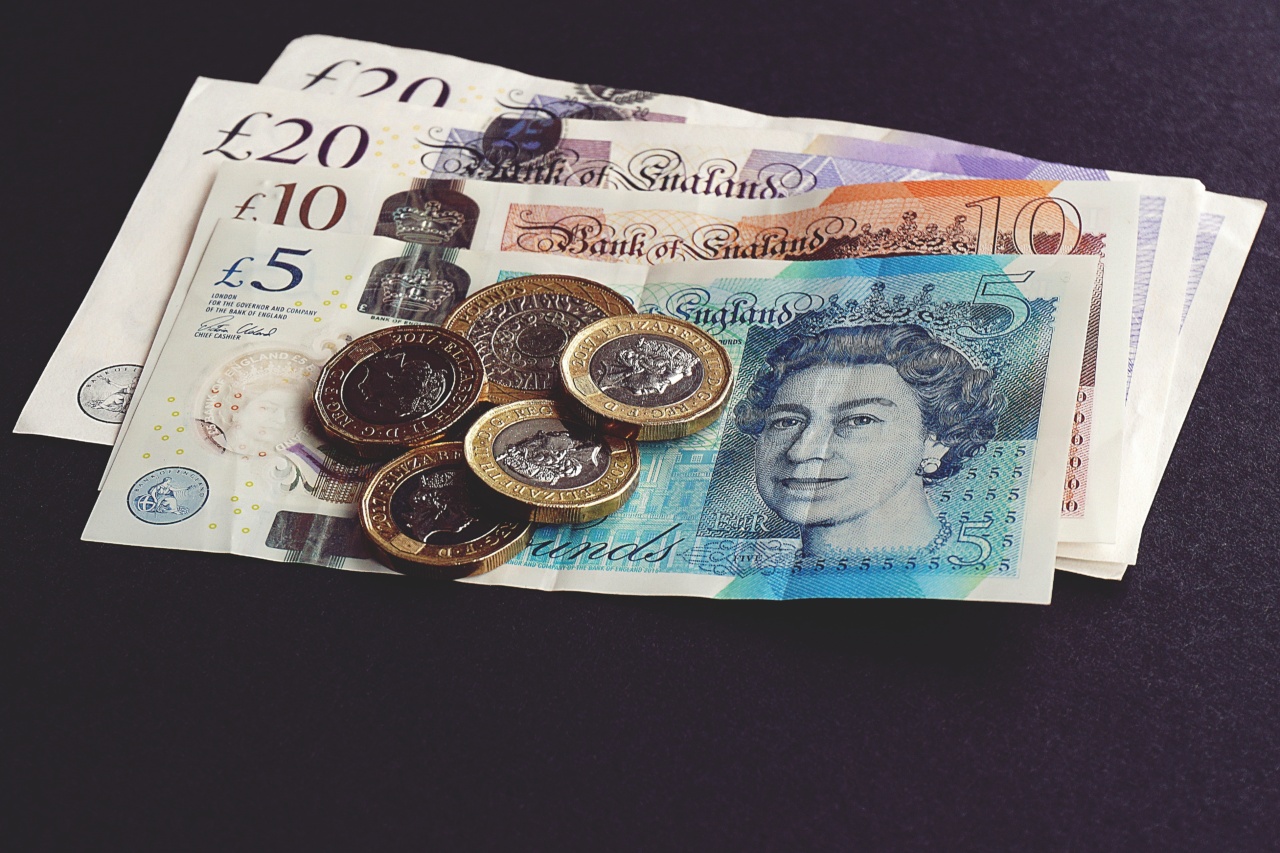Are you struggling to shed those unwanted pounds despite your best efforts? If so, you are not alone. Many individuals find themselves in a similar predicament, wondering why they can’t seem to reach their weight loss goals.
The answer may be simpler than you think. There is a common error that often goes unnoticed but is frequently the primary reason for those stubborn unwanted pounds.
In this article, we will uncover this common error and provide you with insights on how to overcome it and finally achieve the weight loss success you desire.
What is the Common Error?
The common error we are referring to is the underestimation of calorie intake. In today’s fast-paced world, it is easy to lose track of what and how much we consume.
We tend to rely on convenience foods and dining out, which often leads to consuming more calories than we realize. Additionally, portion sizes have significantly increased over the years, making it even more challenging to accurately estimate our calorie intake.
Research has shown that individuals tend to underestimate their calorie intake by a significant margin.
A study conducted by the National Health and Nutrition Examination Survey found that individuals underreported their calorie intake by an average of 25%. This means that if you believe you are consuming 2,000 calories per day, you may actually be consuming closer to 2,500 calories. This estimation error can have a profound impact on your weight loss efforts.
The Impact on Weight Loss
Underestimating your calorie intake can sabotage your weight loss goals in several ways. Firstly, if you are not aware of how many calories you are consuming, it becomes challenging to create a calorie deficit.
A calorie deficit is necessary for weight loss, as it means that you are consuming fewer calories than you are burning. This deficit forces your body to tap into its fat stores for energy, leading to weight loss. However, if you are unknowingly consuming too many calories, you may not be able to create a calorie deficit and, therefore, struggle to lose weight.
Secondly, underestimating your calorie intake can lead to mindless eating. When you are not keeping track of your calories, it becomes easier to indulge in unnecessary snacks and larger portions.
These extra calories can quickly add up and contribute to weight gain. Moreover, without an awareness of your overall calorie intake, it becomes challenging to make informed choices about food. You may unintentionally choose high-calorie options, believing they are healthier than they actually are.
How to Overcome the Common Error
If you are ready to overcome this common error and finally see the scale move in the right direction, here are some strategies you can implement:.
1. Track Your Food
Start by tracking your food intake. Use a journal or a food tracking app to document everything you consume throughout the day. Be diligent and record even the smallest bites and sips.
This method will help you become more aware of your eating patterns and identify problem areas where you may be consuming more calories than you realize.
2. Measure and Weigh Your Food
One of the reasons for underestimating calorie intake is inaccurate portion sizes. Invest in a food scale and measuring cups to accurately measure and weigh your food.
This step may seem time-consuming at first, but as you become more familiar with portion sizes, it will become easier and second nature. Eventually, you will be able to estimate portion sizes without the need for measuring tools.
3. Be Mindful of Dining Out
Dining out can be a major source of hidden calories. Restaurant meals are often larger and higher in calories than homemade ones. When eating out, try to choose healthier options or ask for modifications to reduce calorie content.
Additionally, consider sharing meals or packing half of your meal to-go to avoid overeating.
4. Educate Yourself
Take the time to educate yourself about nutrition labels, portion sizes, and calorie content of common foods. Being well-informed will empower you to make better choices when it comes to your diet.
Familiarize yourself with ingredients and cooking methods that can help you reduce calories without sacrificing taste.
5. Seek Professional Guidance
If you feel overwhelmed or unsure about where to start, consider seeking guidance from a registered dietitian or nutritionist.
These professionals can assess your specific needs and provide personalized recommendations and support to help you achieve your weight loss goals.
Conclusion
The common error of underestimating calorie intake can be a significant roadblock on your weight loss journey.
By becoming more aware of your food choices, accurately measuring your portions, and educating yourself about nutrition, you can overcome this common error and finally achieve the weight loss success you desire. Remember, small changes can have a big impact, so start implementing these strategies today and watch those unwanted pounds melt away.


























